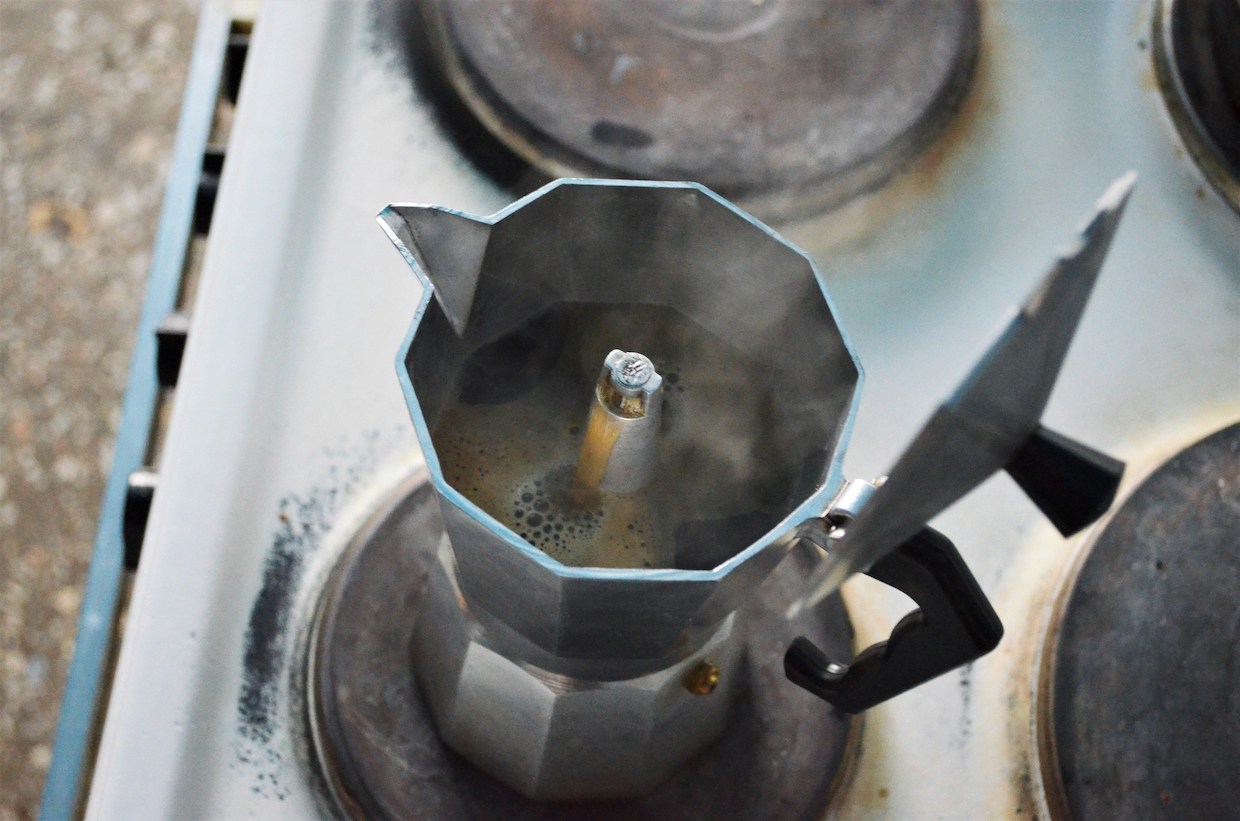A recent study tracking nearly half a million people has delivered sobering news for people who prefer their morning brew piping hot: drinking very hot beverages may significantly increase the risk of a form of throat cancer called esophageal squamous cell carcinoma (ESCC).
The research, published in the British Journal of Cancer, followed 454,796 adults through the UK Biobank for over a decade, finding that “very hot” beverages were a clear risk factor for the disease.
People who reported downing more than eight cups of very hot beverages daily were found to be at 5.64 times higher risk compared to people who preferred their drinks warm.
“Our findings provide new evidence that drinking hot or very hot beverages is a risk factor for ESCC in the UK,” the researchers wrote, adding Western data to what scientists have already suspected based on numerous studies in South America and Asia.
Notably, the researchers found that the cancer incidence was associated with temperature, not with what’s in the cup. The ESCC risk factors were consistent among coffee and tea drinkers.
Additionally, the study found that there was no clear association between very hot beverages and the other main type of esophageal cancer, esophageal adenocarcinoma (EAC).
However, even moderate “hot” drinkers saw their ESCC risk climb with each additional cup. People who reported being “very hot” drinkers faced a much steeper danger curve. During the 11.6-year follow-up period, researchers identified 242 ESCC cases among nearly 455,000 participants — a relatively rare cancer that becomes significantly less rare when you habitually scald your throat.
The research team noted that the International Agency for Research on Cancer classifies very hot beverages — particularly traditional South American maté tea — as “probably carcinogenic to humans (Group 2 A).”
“Our findings extend what is known about the carcinogenicity of drinking hot and very hot beverages to an adult Western population where tea and coffee with addition of milk are consumed at high quantities.”
However the researchers also noted the many potential benefits of coffee consumption, and suggested people should make dietary decisions based on broader health contexts, rather than basing it on “a single study or concerns about a single disease.”
“Tea and coffee have each been associated inversely with overall mortality and incidence of a number of common diseases,” they wrote. “However, individuals who like their beverages very hot might benefit from reducing the temperature of their beverages, at least with regards to their risk of ESCC.”
The study was conducted by researchers at the U.S. National Cancer Institute and the Institute of Cancer Research in London. It was funded by the Intramural Research Program of the National Cancer Institute, although the authors state the funder had no role in study design, data collection, analysis or publication decisions. The authors did not declare any competing interests.
Comments? Questions? News to share? Contact DCN’s editors here. For all the latest coffee industry news, subscribe to the DCN newsletter.








Comment